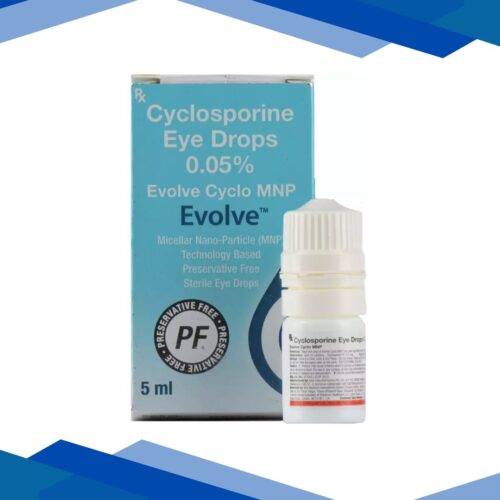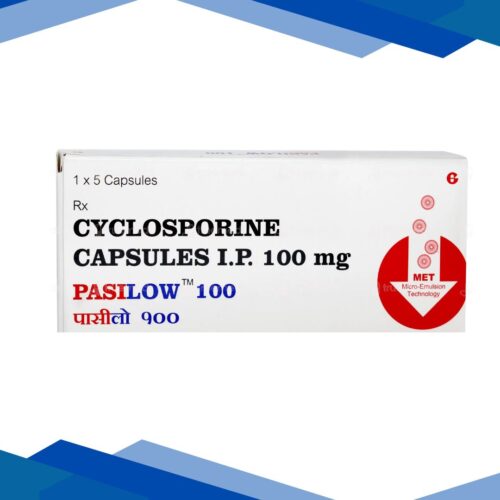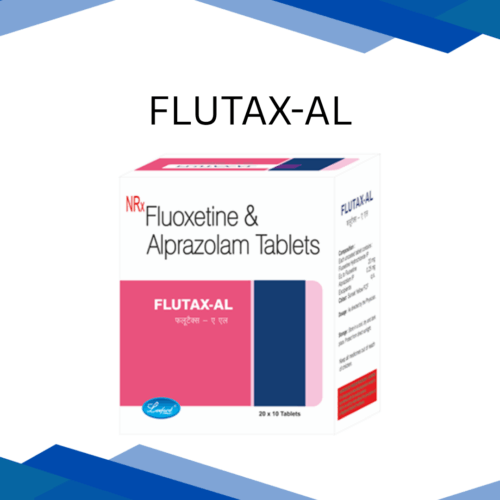FLUOXETINE
Overview:
Fluoxetine is medication taken to assist individuals who are depressed, anxious or trapped in fixed or distressing thought. It is applied in the treatment of depression, OCD, panic attacks and bulimia. It acts by a mild increase in the amount of serotonin, which, naturally occurring in the brain, assists in mood, relaxation and emotional stability.
Classification:Selective Serotonin Reuptake Inhibitor (SSRI)
Uses:
Fluoxetine is often used to support people dealing with low mood, persistent anxiety, or unwanted, repetitive thoughts or habits. It’s also commonly prescribed for panic episodes and bulimia, which is an eating disorder.It often helps people feel more upbeat, less weighed down by worry, and gives their mind a break from constant or troubling thoughts, helping them get through the day more comfortably.
How it works:
Fluoxetine acts by keeping your brain to retain more of a natural substance called serotonin. Serotonin is a messenger of positive mood, a substance that makes you feel emotionally stable, calm and capable of withstanding stress. Once it is lacking in your brain, you may experience a low mood, anxiety, or be trapped in depressing thoughts. The medicine positively changes the amount of serotonin in the brain by preventing further expulsion by the brain, which in the long-term is able to make you feel calmer and lighter and more in touch with a normal life.
Dosage: As prescribed by your doctor.
Side Effects:
Trouble sleeping or unusual dreams
Feeling restless or jittery
Headache
Dry mouth
Loss of appetite
Precautions:Fluoxetine should not be used prior to informing physicians on the existence of any history of seizures, diabetes, liver complications and/or bipolar disorder. And then tell them whether you are pregnant, trying to get pregnant or breastfeeding. It is important to mention other medications and supplements you take, particularly other antidepressants or blood thinning drugs since several combinations can be dangerous. Do not suddenly stop taking Fluoxetine without a physician directive; you should stop at low doses gradually to prevent the withdrawal symptoms.
Disclaimer: This content is for informational purposes only. Always consult a healthcare provider for medical advice and proper dosage.







